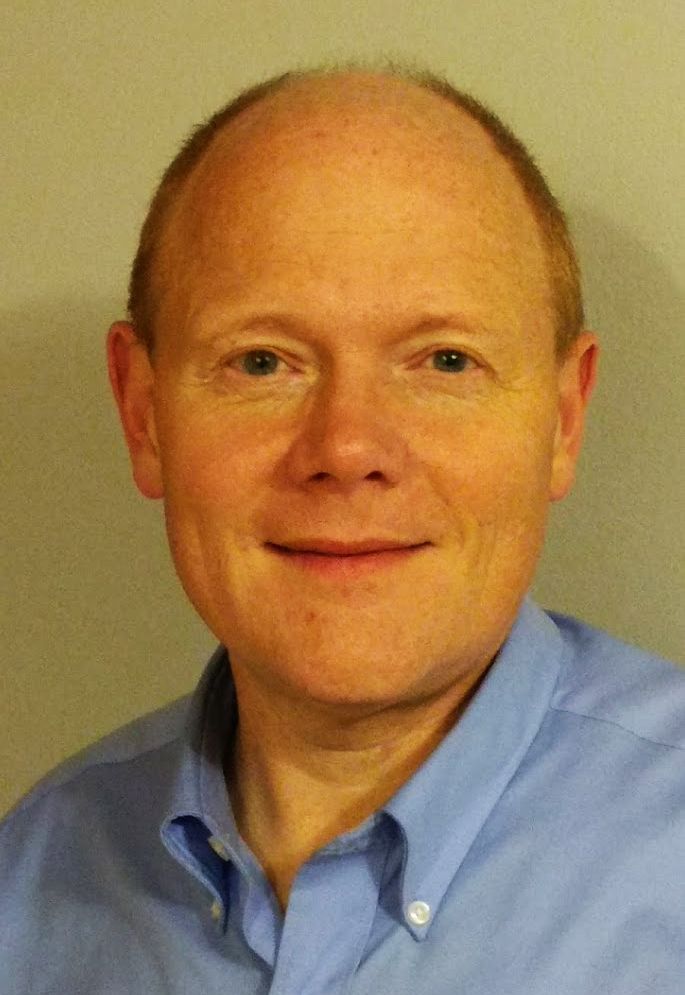L-125. Scientific Analysis of the Book
Richard Hark
Course Length: 30 hours
Course Week: 4–9 June 2023
Format: in person, Yale University in New Haven, CT
Fee: $1,395
There have been tremendous advances in science as it relates to the history of the book. This course will introduce the major technologies currently available to most librarians. During each session, Hark will present the scientific background necessary to make sense of the technology, and will offer an example of that technology as it has been applied to book history. Most of the examples will come from Hark’s own work, either currently taking place or projects that have been completed. The goal is to foster a community of librarians who are interested in promoting science to further our understanding of the history of the book. On several days there will be virtual demonstrations of the analytical techniques discussed in the course that will take place in the laboratory.
Class size is limited to 12 students.
Topics
Monday
Birth of authentication of historical materials and use of chemical reagents to reveal palimpsests—moving from a primitive, destructive, and not terribly specific approach to more specific, less destructive approaches. Radiocarbon dating
Tuesday
Multispectral imaging (MSI)
Wednesday
Elemental spectrography—X-ray fluorescence spectroscopy (XRF), hand-held, and scanning instruments
Thursday
Privacy and DNA testing for long-dead readers and peptide mass fingerprinting (PMF) for identification of the animal source of parchment
Friday
Molecular analysis—Raman and infrared spectroscopy (FTIR)
Course History
Faculty

Richard Hark
Dr. Richard Hark is a conservation scientist at Yale’s Institute for the Preservation of Cultural Heritage (IPCH), where he works principally with the collections of the Yale Center for British Art and the Beinecke Rare Book & Manuscript Library. After earning his Ph.D., he spent 25 years as a chemistry professor before joining IPCH. He is currently engaged in projects involving scientific analysis of the Vinland map, a Gutenberg Bible, fifteenth-century Italian tarot cards, William Henry Fox Talbot’s The Pencil of Nature, and the Yale Center for British Art’s “Reformation to Restoration” British portraits project.
Full Bio »
